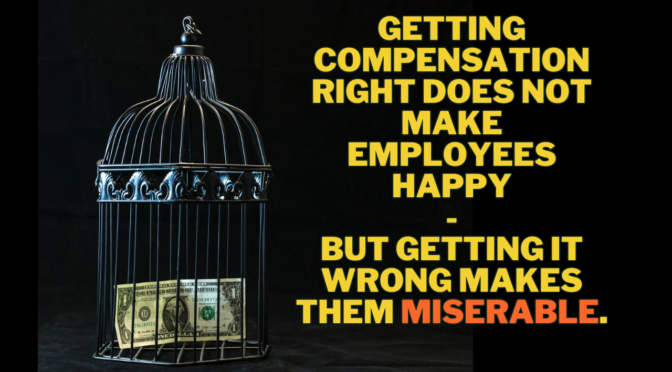Imagine a company that practices total, uncompromising honesty in their advertising. If they have a great product they’ll say so. And if they’re trying to sell you something mediocre, they’ll tell you that too. They might actively warn you along the lines of “Don’t expect good service from these people” or “The product here is nothing to write home about”, or even “If you have any complaints talk to Benny. If he breaks down crying, ignore it, it’s just a trick he uses.”
Do you think a company like that could possibly survive?





